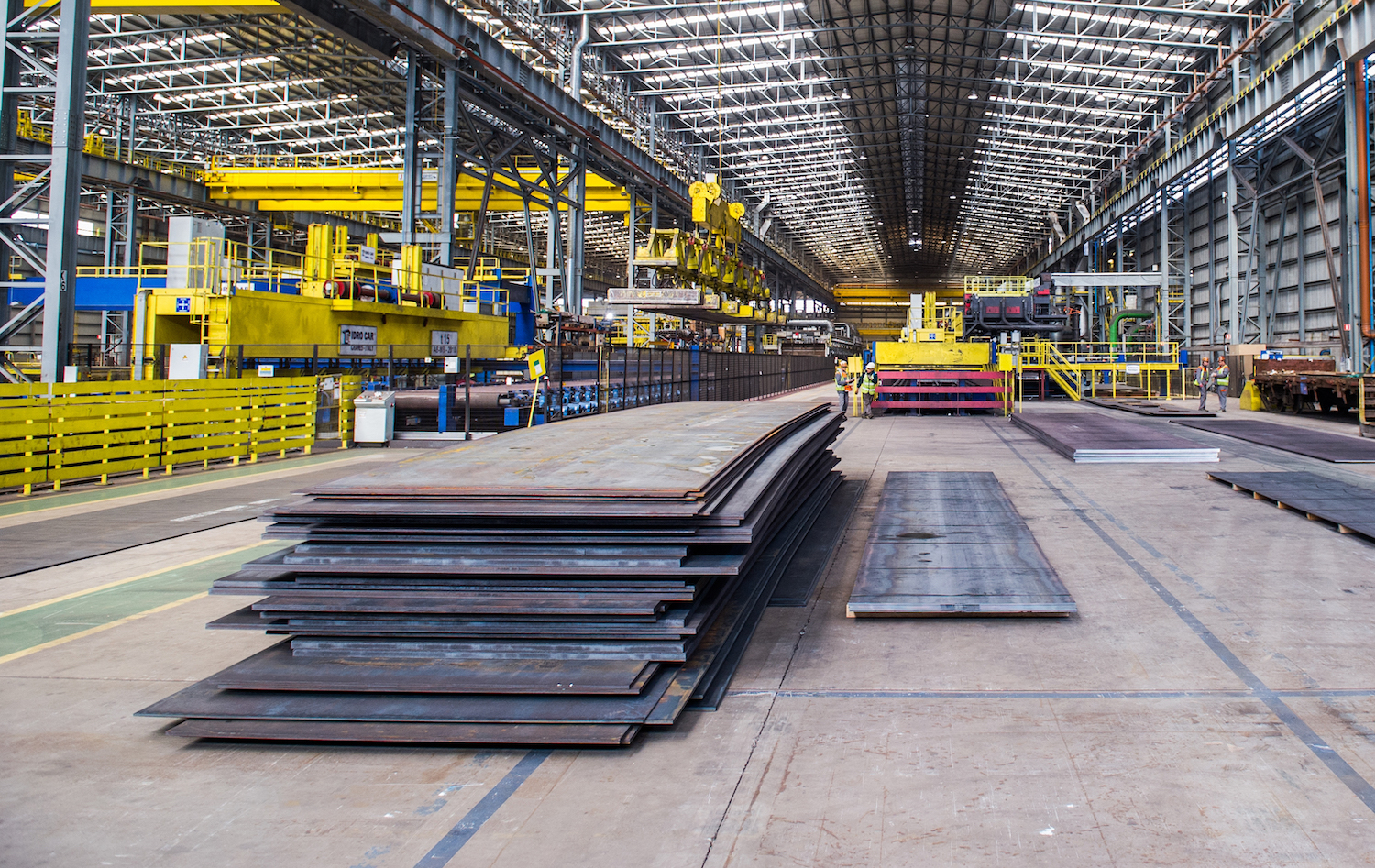
Italian plate prices decline amid slow demand, imports
Italian plate prices are declining in some contracts amid a sluggish market. Large buyers continue to be absent and sales are being implemented only for small tonnages, sources tell Kallanish.
Distributors say they are all waiting. There is low-priced imported material being offered and sold at Italian ports at the equivalent of €690-700/tonne ($765) cfr for the high S355 grade. Since mid-February, demand has become particularly quiet.
Italian mills are officially at €770-780/t for S275 grade base delivered this month. However, transactions are occurring at €730-740/t, while S355 is being transacted at €30-40/t higher, sources suggest. Some mills are keeping the €750-760/t level for S275. Margins are becoming tight, considering high processing costs and slab prices which remain at approximately $650/t cfr Italy.
Distribution sources agree “the phones are not ringing”. Those who are well stocked with different grades of plate are reporting to be selling small volumes.
Mills have however filled their order books until April and May, and can afford to sell less and try to hold on to higher prices in this quiet market.
Natalia Capra France


China to continue shipping steel via Red Sea despite attack on vessel
Chinese suppliers will continue to ship steel through the Red Sea Route even though a vessel carrying Chinese steel products to Saudi Arabia came under attack and was damaged on March 6, local traders told S&P Global Commodity Insights March 7.
The attack was the first one to target Chinese steel exports, and the ship — True Confidence — was carrying 42,082 mt of steel from Tianjin, China, to Jeddah, Saudi Arabia, according to S&P Global Commodities at Sea data and sources.
Chinese steel exports have been rising due to weak domestic demand amid a debt-ridden property sector.
China’s finished steel exports hit the highest level in six years at 90.264 million mt in 2023, up 36.2%, or 23.988 million mt, from 2022, the latest Chinese Customs data showed.
The Middle East has emerged as one of the key destinations for Chinese steel exports. The top 10 countries importing Chinese steel in the Middle East shipped in 10.9 million mt of steel from China in 2023, up 53% on the year, according to the research firm CEIC.
China exported about 3 million mt of steel to Saudi Arabia in 2023, up 30% on the year, according to the CEIC data.
After the attack, which was the first one to report fatalities in the Red Sea skirmish, Chinese traders expected freight and insurance costs for the route to rise.
“I locked down freight costs with the freight company the moment I heard about the attack as I expect freight costs to rise,” a trader said.
The Red Sea route, which is a key global shipping route, has remained a flashpoint for the Houthi militants, who have been targeting ships since the Hamas-Israel war broke out on Oct. 7, 2023.
True Confidence is a Barbados-flagged vessel, and was previously owned by US-based Oaktree Capital. It is currently operated by Greek firm Third January Maritime and managed by Hong Kong’s Fleet Management, according to S&P Global Market Intelligence data, but its current owner could not be identified.

UK HRC extends losses amid weak demand, uncertainty around safeguards
The UK market for steel hot rolled coil extended losses in the week ended March 7, as weak demand and ongoing uncertainty surrounding the review of the country’s steel safeguard measures by the Trade Remedies Authority continued to weigh on prices.
Sources reported subdued buying interest, with UK distributors adopting a cautious approach to purchasing owing to weak end-user demand and adequate inventory levels.
They suggested that UK distributors are generally overstocked and described the end-user demand as “poor” with little sign of near-term improvement.
“The market is currently treading water owing to the poor state of demand and the lack of clarity surrounding the TRA’s review of the trade safety measure,” one trader said.
Offers from European mills were heard within a range of GBP640-650/mt DDP West Midlands, while offers for non-EU origin HRC were heard at GBP600-610/mt DDP West Midlands.
Platts assessed UK HRC at GBP635/mt ($812/mt) basis DDP West Midlands March 7, down GBP15/mt from Feb. 29.
On Feb. 9 the TRA announced that it would review the suspension of the safeguard import quotas in response to Tata Steel UK’s plan to idle its two blast furnaces later in 2024 and replace them with electric arc furnaces.
A meeting between the TRA and ISTA, the international steel trade association held in London on Feb. 28 failed to provide any further details about the likely outcome of the review.
At the time of the announcement, the TRA stated that its preliminary view would be to suspend the measure for nine months because Tata Steel is the UK’s sole HRC producer.
A decision to suspend the measure is likely to increase orders for non-EU HRC, which is currently priced at approximately GBP40/mt lower than EU-sourced material.
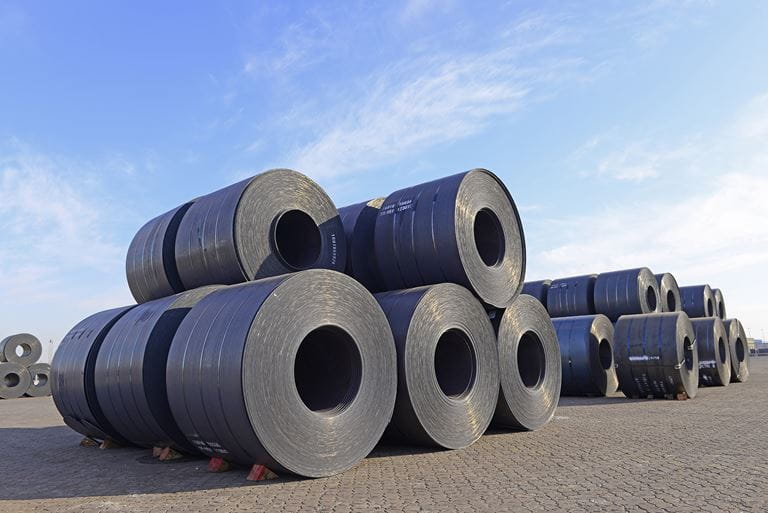
EU HRC buyers refrain from purchases amid price volatility, longer lead times
Bearish sentiment kept buyers away from making deals. “No buying, as anything booked now would get cheaper within couple of days,” a service center source said.
Producers may not soften offers further as imported materials are not preferred due to longer lead times, other sources said.
Domestic European mills “may not have to reduce offers to a great deal as no buyer will opt for imported material due to concerns about safeguard quotas,” a German service center source said. “When needed, buyers would have to get material from domestic mills.”
Offers were reported at Eur730-740/mt ex-works Northwest Europe and tradable values were estimated at Eur690-705/mt ex-works Ruhr.
Platts assessed the price of domestic HRC in Northwest Europe stable on the day at Eur700/mt ex-works Ruhr March 7.
In Southern Europe a deal was reported at Eur670/mt, while tradable values were reported at Eur670-680/mt ex-works Italy.
Platts assessed the domestic price of HRC in South Europe at Eur675/mt EXW Italy March 7, down by Eur5 on the day.
A deal for imported HRC was heard at Eur590/mt CIF Italy from Vietnam.
Platts assessed the price of imported HRC in South Europe at Eur590/mt CIF Italy March 7, down by Eur10 on the day.
Imported HRC was not preferred, despite being priced competitively, due to uncertainty regarding safeguard quotas.
“I don’t expect any deals,” a Spain-based trader said referring to imported HRC. “If someone books tonnages now, the arrival will be end of July in Spain, when summer break will start, so buyers will prefer closing deals for end of August arrival and ask for Eur20-30/mt lesser than current levels.”
Platts assessed the price of imported HRC stable on the day at Eur614/mt CIF Antwerp March 7.
Author Devbrat Saha, devbrat.saha@spglobal.
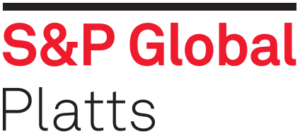
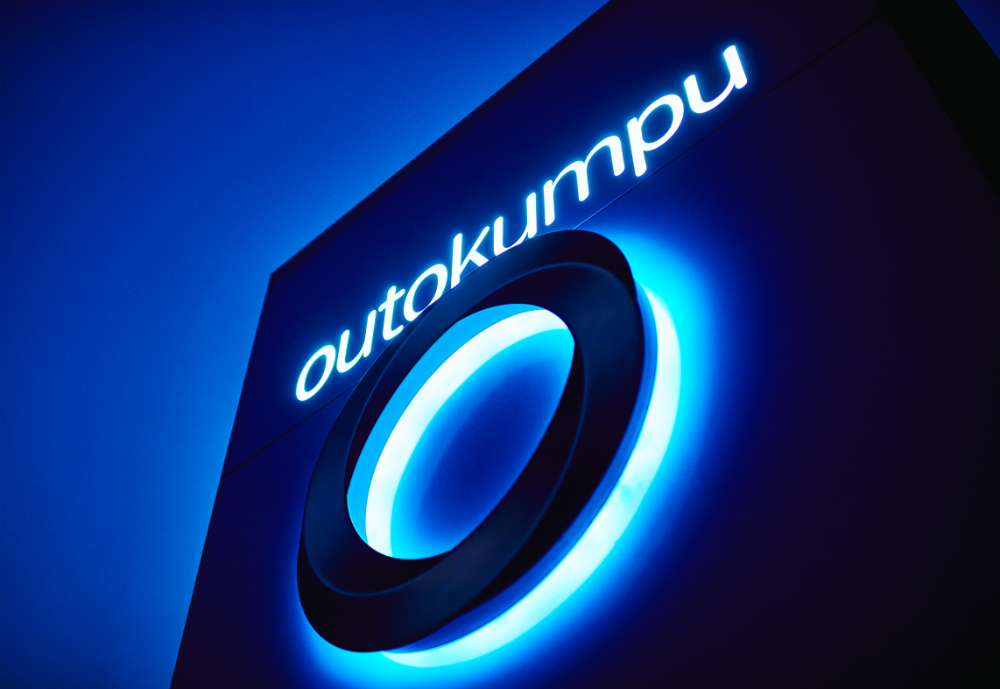
Outokumpu secures low-emission vessels for short-sea transport
The first multipurpose vessel, Lovisa, has started its liner service for Outokumpu between Finland and the Netherlands. Outokumpu aims to have six vessels in use from Langh Ship during the year, Kallanish learns from the stainless steelmaker. Its target is to reduce annual carbon emissions from short-sea shipping by at least 25% by the end of 2024.
The collaboration presents a positive outcome from the opportunity presented by tightening environmental regulations from both the EU and the International Maritime Organization (IMO), Outokumpu notes.
“At EU level, maritime transport represents 3-4% of the EU’s total CO2 emissions, so all solutions are heavily needed in this sector. The route between Tornio and Terneuzen is of utmost importance to us in transporting coils to the European market and in bringing recycled steel to our melt shop in Tornio,” says Jyrki Sandelin, category manager for transports at Outokumpu.
Christian Koehl Germany

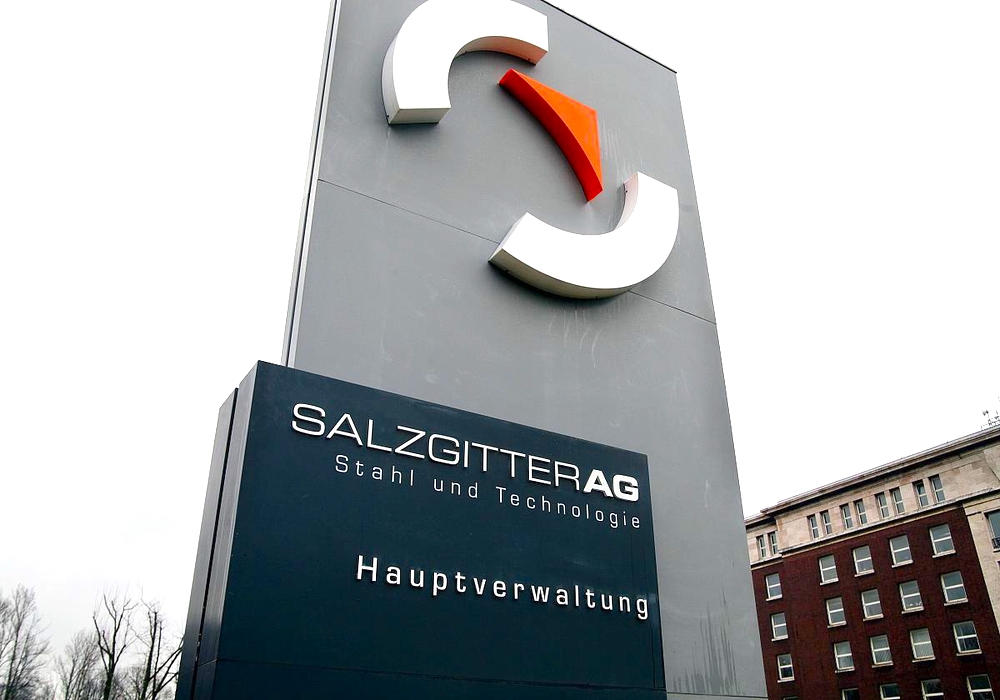
Salzgitter chooses suppliers for solar power
Salzgitter is partnering with several regional companies for power supply from photovoltaic plants, Kallanish notes.
With IG Merbitz Solar, the project company for the PV power plant in Merbitz, it has concluded a green electricity supply agreement (PPA). Other companies involved are Energiesysteme Groß and Agrarbetrieb Gut Merbitz, with their PV project in Wettin-Löbejün.
The electricity will be generated by a ground-mounted photovoltaic system currently under construction at the Merbitz site in Saxony-Anhalt. In concluding this Power Purchase Agreement, strip-making unit Salzgitter Flachstahl has secured the supply of around 71 MWh/a of green electricity from Merbitz at a fixed price for ten years as from January 2025, in addition to the option of temporarily storing this electricity on site.
Christian Koehl Germany


Thyssenkrupp, BFI select DRI demonstration plant supplier
Düren, Germany-based technology supplier TS Elino will build a direct reduction test facility, including the associated auxiliary units, at thyssenkrupp Steel’s Duisburg-Nord site.
The project aims to advance research into the direct reduction of iron ore. The client is Germany’s VdEh Institute for Applied Research (BFI). The order value for the direct reduction plant on a demonstration scale is around €10 million ($11m), Kallanish is told by the steelmaker. It forms part of the “energy transition real-world laboratories” H2Stahl project funded by the German Federal Ministry for Economic Affairs and Climate Protection.
Consortium partners tk Steel and the BFI will trial the technological leap into hydrogen-based, carbon-neutral hot iron production, with the construction and operation of the direct reduction test facility.
The planned facility will be about 40 metres in height, and will be able to reproduce various direct reduction processes. Since it is not tied to a specific process, it will be possible to operate the facility in a technology-open manner with different feedstocks such as pellet, lump ore and recycled materials. It will have a capacity of 100 kg/hour of direct reduced iron, and will be connected to the nearby Carbon2Chem Technical Center infrastructure.
Christian Koehl Germany

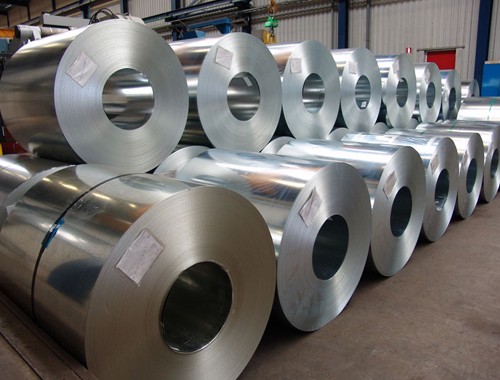
European stainless flats prices increase
European prices for stainless cold rolled coil are increasing as all mills are pushing up values on high processing costs and the impact of raw materials, sources tell Kallanish.
Mills in Europe are now asking for €2,580-2,600/tonne ($2,809-2,831) delivered for stainless CRC for May delivery. These values, however, have not yet been paid. Italian contracts are hovering at €2,480-2,500/t on average, while European CRC is pegged at €2,500-2,530/t delivered, sources suggest.
Re-rollers and service centre sources in Italy say they are increasing sheet and tube prices, but they are operating in a two-tier market. Both Italian and northern EU sources note downstream consumption is very slow and large end-users are buying limited material. Stainless HRC prices in Italy remain weak due to the presence of imports from Asian countries. Domestic values stand at €2,250-2,300/t delivered, with Asian material being bought in Italy at €1,900/t cfr.
However, while coil demand and prices are ticking up, suppliers find it difficult to obtain increases on sheet and other coil derivatives. Two service centre sources doubt the latest coil increases for May delivery will be successful because of weak demand downstream and because steelmakers are refusing to implement production stoppages. Customers are being offered material with short lead times and are not pressed to buy.
Natalia Capra France

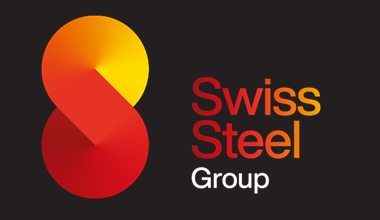
Swiss Steel orders emissions-tracking software
Swiss Steel has placed an order with SMS for Viridis Carbon Software for its Steeltec production plant in Emmenbrücke, Switzerland.
The Viridis Carbon Software, a module of SMS group’s Viridis Energy and Sustainability Suite, enables near real-time tracking of the emissions generated in a plant, SMS explains. It uses a methodology based on robust computational models, which can compute and report the amount of CO2 equivalent being generated in the company at any time.
The software calculates the product carbon footprint, i.e. the amount of CO2 equivalent emitted in the production of every unit of finished products that leaves the industrial plant, Kallanish learns from the technology supplier.
The software marks a significant step forward in enhancing Swiss Steel’s sustainability initiatives, it adds. In a first step, the melt shop, rolling mill, and bright bar plant will be equipped. In addition to the licence and software implementation, the agreement includes cloud services, and support and maintenance services, encompassing user support, fixing defects and bugs, and the rights to use new releases.
Christian Koehl Germany

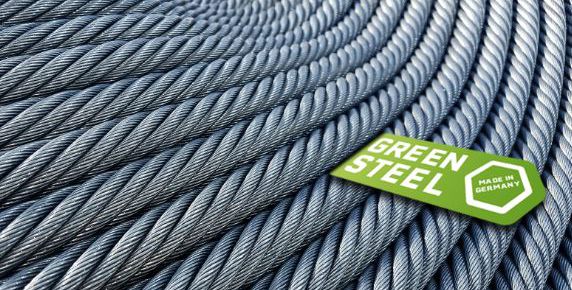
Rhenus builds ‘Green Steel Logistics Hub’ in Dortmund
German logistics group Rhenus is setting up what it calls a “Green Steel Logistics Hub” at its business site in Dortmund, Kallanish learns from the company.
The warehouse is likely to start operating in autumn 2024, with the aim of transporting steel in a manner that is as eco-friendly as possible, Rhenus says. It will use the facility to appeal mainly to companies that produce, handle and further process steel.
The company is currently making changes to make its logistics processes more sustainable. For the transhipment hub, it is modernising one of its existing warehouses.
The measures include a new roof and the installation of a solar panel unit, which covers an area of about 4,000 square metres. The electricity that is generated will supply the energy for the crane equipment, the building itself as well as the charging infrastructure for electric trucks.
Rhenus says it will primarily cater for the rolled and flat steel market in the Dortmund region and the eastern Ruhr valley. The trimodal terminal at the Mathieshafen port facility in Dortmund provides good connections to motorways and waterways at important intersections in the heart of the Ruhr valley, it says.
Rhenus notes it is also seeking to introduce an inland waterway fleet that reduces emissions even further.
Christian Koehl Germany


